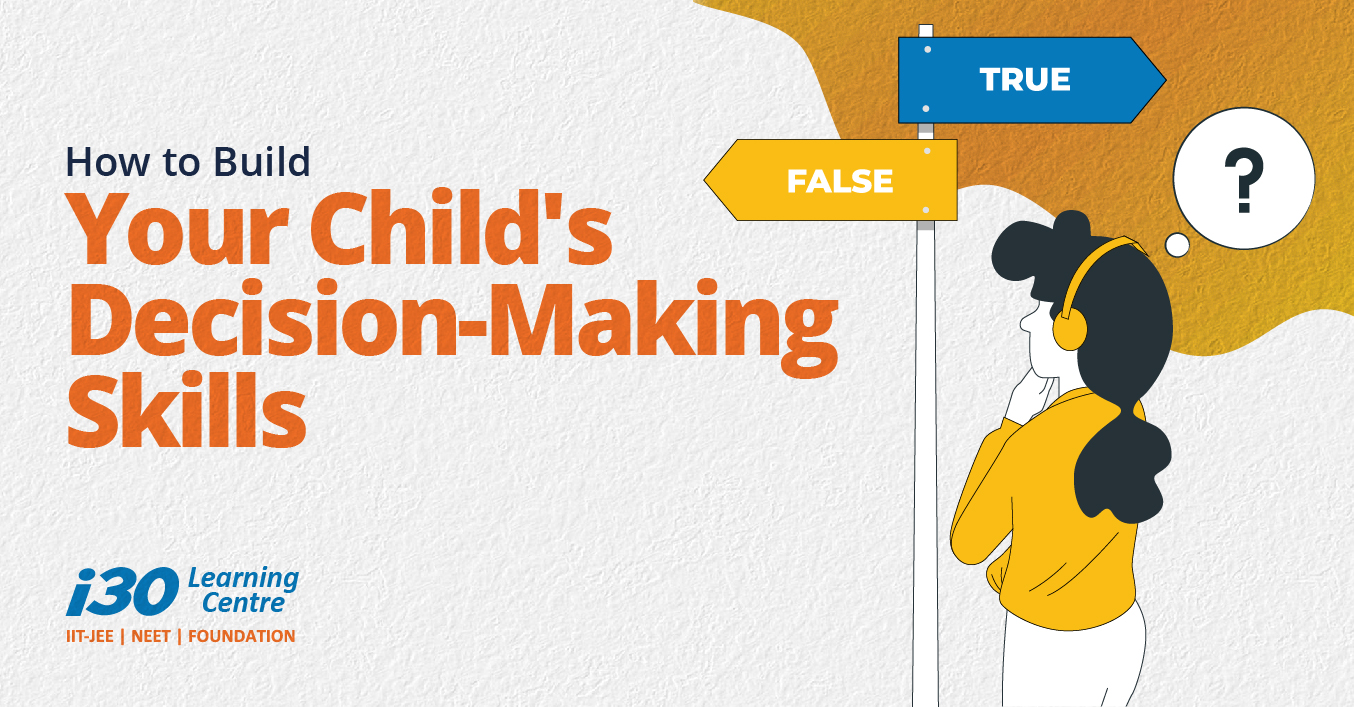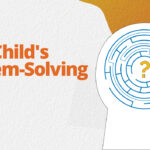Decision-making is a skill that is essential for success in life. Children who learn how to make good decisions are more likely to achieve their goals, both academically and personally. There are many things parents can do to help their children develop strong decision-making skills.
1. Be a role model
Children learn by watching the adults in their lives. If you want your child to be a good decision-maker, be a good role model yourself. Show them how you make decisions by thinking through the options and considering the consequences.
2. Give your child choices
When your child is young, start by giving them small choices, such as what to wear or what to eat for breakfast. As they get older, you can start giving them more complex choices, such as what extracurricular activities to join or what college to attend.
3. Talk about decisions
When your child makes a decision, talk to them about it. Ask them why they made the decision they did. Help them to understand the consequences of their decision.
4. Help your child to develop problem-solving skills
Problem-solving is an important part of decision-making. Help your child to develop problem-solving skills by teaching them how to identify problems, brainstorm solutions, and evaluate solutions.
5. Encourage your child to take risks
Sometimes the best way to learn how to make good decisions is to take risks. Encourage your child to take risks by letting them try new things and by supporting them when they make mistakes.
6. Be patient
Developing good decision-making skills takes time. Be patient with your child and don’t expect them to be perfect.
iScholar is a great place to help your child improve their decision-making skills. Our programs are designed to help children learn how to think critically, solve problems, and make informed decisions. We also focus on creating a positive and supportive environment where children feel safe to take risks and try new things.
If you’re looking for a way to help your child improve their decision-making skills, iScholar is a great option. Contact us today to learn more about our programs.



